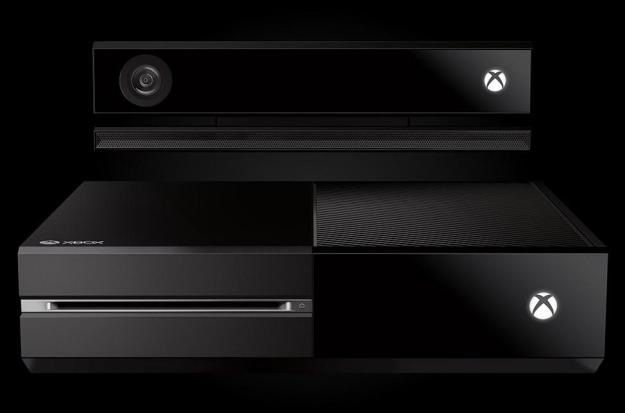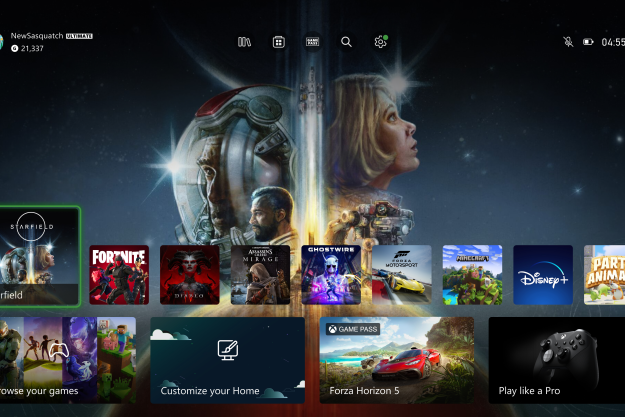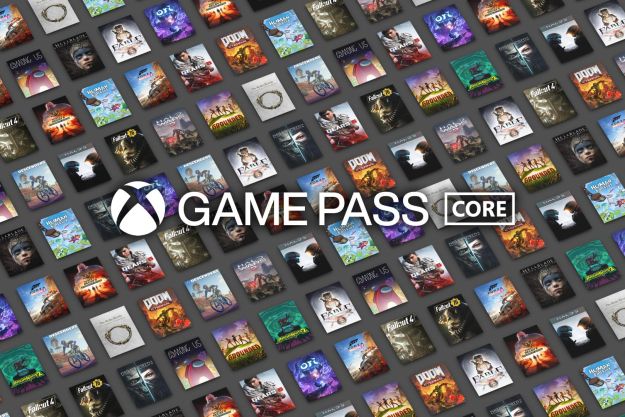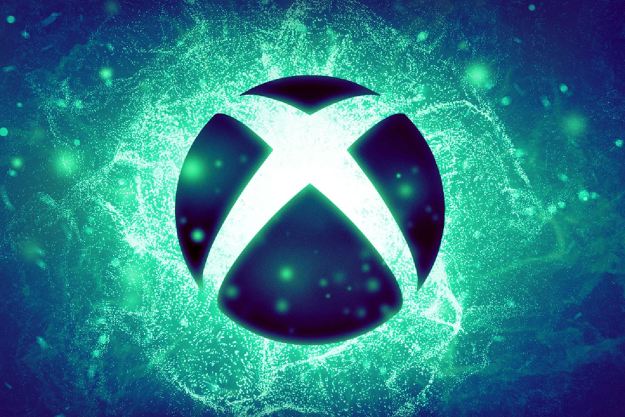
The Xbox One will no longer require access to an active Internet connection every 24 hours, and there won’t be any restriction on the trading and sharing of games. Confirmation comes directly from Microsoft president of interactive entertainment business Don Mattrick in a new update on Xbox.com.
“Since unveiling our plans for Xbox One, my team and I have heard directly from many of you, read your comments and listened to your feedback. I would like to take the opportunity today to thank you for your assistance in helping us to reshape the future of Xbox One,” Mattrick writes.
“You told us how much you loved the flexibility you have today with games delivered on disc. The ability to lend, share, and resell these games at your discretion is of incredible importance to you. Also important to you is the freedom to play offline, for any length of time, anywhere in the world.”
The note goes on to confirm the above items in a pair of bold-faced bullet points:
- An internet connection will not be required to play offline Xbox One games– After a one-time system set-up with a new Xbox One, you can play any disc based game without ever connecting online again. There is no 24 hour connection requirement and you can take your Xbox One anywhere you want and play your games, just like on Xbox 360.
- Trade-in, lend, resell, gift, and rent disc based games just like you do today – There will be no limitations to using and sharing games, it will work just as it does today on Xbox 360.
Digital delivery continues to be a big part of the next-gen hardware, and Mattrick confirms that Xbox One titles will be available via Xbox Live on the day of release. These, too, will be playable offline, and it seems that access to them won’t be bound by any regional restrictions. Those who opt for physical media instead will continue to be required to have the game disc in the tray, just like the Xbox 360.
This is not an unexpected move. The company’s E3 2013 presence, as we suggested during the show last week, was all about the games. Policy changes were practically inevitable in light of the public outcry that followed the initial reveal of Xbox One policies and Sony’s own announcements concerning the PlayStation 4. That those changes came so quickly can be read as an acknowledgement that, as Mattrick says, Microsoft was indeed listening.
Editors' Recommendations
- How to gameshare on Xbox One
- For Microsoft, indies aren’t Game Pass extras. They’re the future of Xbox
- Best Xbox One deals: How to buy the discontinued console
- The impending Xbox 360 Store closure makes me wary of Game Pass’ future
- Microsoft will shut down the Xbox 360 Store next year


